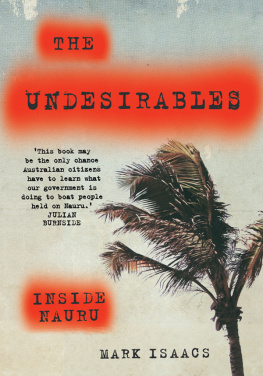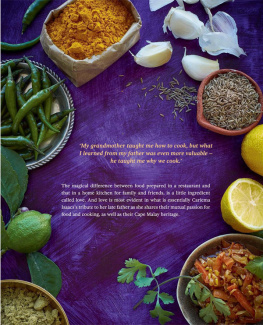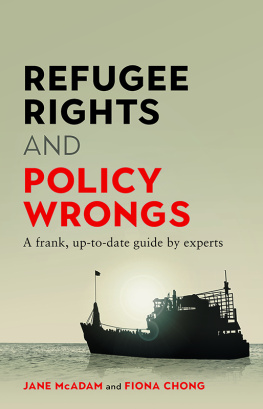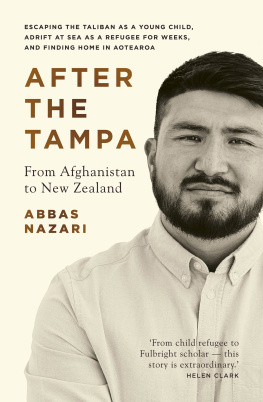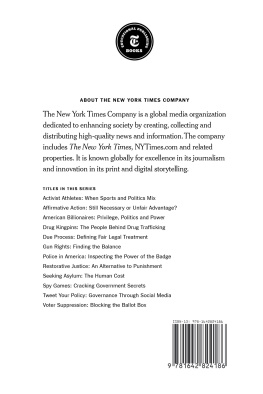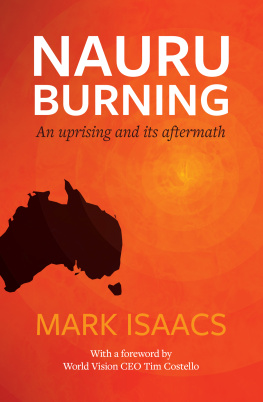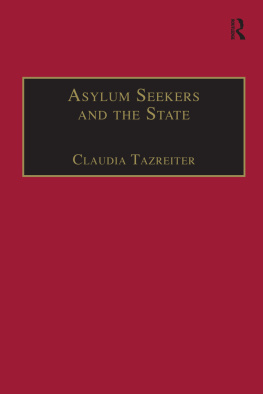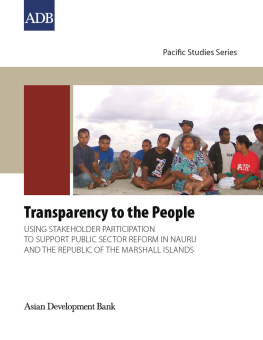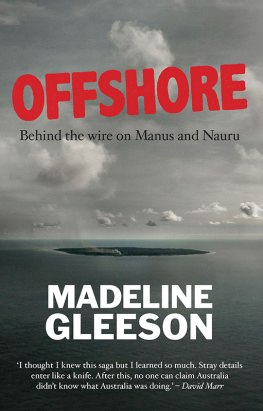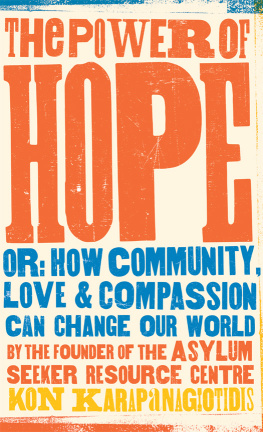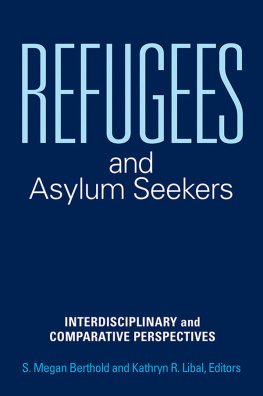
Mark was born in Oxford, England in 1988 and his family immigrated to Australia by plane just one year later. His English father taught him to play cricket and football in the northern suburbs of Sydney; his Australian mother taught him manners, morals, and how to fold bedsheets properly.
Mark began exploring the world at a young age. When he was fourteen he travelled to Brazil and Argentina on a futsal tour. He backpacked around Europe in 2006, and worked as a London tour guide when he ran out of money halfway through the trip. Mark wrote his first manuscript, about the divine transient freedom of university exchange, while studying Spanish in Mexico.
Marks farcical comedy The Dark of the Matinee was performed at the 2006 Short and Sweet ten-minute play festival. He graduated with a BA in Communications (Writing and Cultural Studies) and a BA in International Studies (Latin American Studies) from the University of Technology, Sydney. He also completed the Advertising Creative Award School in 2012. Mark has published social justice articles for Oxfam 3Things youth movement, and even a few articles for The Daily Telegraph.
Mark became impassioned by the asylum seeker debate after a visit to Villawood Detention Centre while writing for Oxfam. Months later, in October 2012, Mark was employed by the Salvation Army to work at the Nauru Regional Processing Centre. While in Nauru, Mark established the Recreations program and Oceans program for asylum seekers. He eventually resigned from the Salvation Army in June 2013 and spoke out publicly against the governments No Advantage policy.
Continuing his passion for humanitarian work, Mark is now employed as a case manager at an asylum seeker settlement agency in Sydney.
Surfing, football, sunscreen, shade, freedom, adventure and writing are a few things Mark loves.
Published in 2014 by Hardie Grant Books
Hardie Grant Books (Australia)
Ground Floor, Building 1
658 Church Street
Richmond, Victoria 3121
www.hardiegrant.com.au
Hardie Grant Books (UK)
Dudley House, North Suite
3435 Southampton Street
London WC2E 7HF
www.hardiegrant.co.uk
All rights reserved. No part of this publication may be reproduced, stored in a retrieval system or transmitted in any form by any means, electronic, mechanical, photocopying, recording or otherwise, without the prior written permission of the publishers and copyright holders.
The moral rights of the author have been asserted.
Copyright Mark Isaacs 2014
Cataloguing in publication data is available from the National Library of Australia
The Undesirables
eISBN 978 1 74358 203 9
Cover design by Josh Durham, Design by Committee
Cover image courtesy of Bob van t Hul
Text design by Patrick Cannon
All asylum seekers referred to in this book have had their names changed to protect their identities.
Sections of the introduction were originally published on Oxfam 3Things: 3things.org.au/blog/story/9281.
To Hattie, vivacious and witty, a lover of words and Yiddishand all things just; a bad present-giver but a consistent one.
You were my biggest fan, and your soul will shine onin all that I write for now and for all time.

PART 1
Rotation 1: 1 October 2012 to 1 November 2012
PART 2
Rotation 2: 8 November 2012 to 19 December 2012
PART 3
Rotation 3: 7 February 2013 to 14 March 2013
PART 4
Rotation 4: 31 March 2013 to 25 April 2013
PART 5
Rotation 5: 23 May 2013 to 13 June 2013

May God bless you with a restless discomfort
At easy answers, half-truths and superficial relationships
So that you may live deep within your heart.
May God bless you with anger
At injustice, oppression, and exploitation of people,
So that you may work for justice, freedom and peace.
May God bless you with tears
To shed for those who suffer pain, rejection, hunger and war,
So that you may reach out your hand to comfort them and
To turn their pain into joy.
And may God bless you with enough foolishness
To believe that you can make a difference in the world,
So that you can do what others claim cannot be done
To bring justice and kindness to all our children and the poor.
Sister Ruth Fox
THIS BOOK MAY be the only chance Australian citizens have to learn what our government is doing to boat people held on Nauru. It shows how our government squanders four billion dollars a year of taxpayer funds in a conscious attempt to brutalise human beings who asked for our help.
It is a compelling account of the human reality of Australias Pacific Solution.
The treatment of asylum seekers who arrive by boat has been one of the most divisive political issues in Australias recent political history. It is worth knowing a few facts. First, asylum seekers arrive in Australia by two paths. They may come by plane or by boat.
Those who come by plane must have travel documents and a visa to enter Australia; if not, then they are put on a plane back to their point of embarkation, at the expense of the airline that brought them in. Asylum seekers who arrive by plane typically have a short-term visa (study, tourism, business) but when they clear passport control in Australia they apply for asylum. When their original visa expires (typically, in a matter of months) they are allowed to remain in the community on a Bridging visa, while their asylum claim is resolved. About 20% of this group are ultimately accepted as refugees.
Those who come by boat suffer several disadvantages. First, they come from countries that make it difficult or impossible for them to get travel documents. Second, they come from countries where it is practically impossible for them to get a visa to enter Australia. They come to Australia by boat because they cant come by plane. Typically, these people travel to Malaysia or Indonesia on forged papers. They do not pass through countries that have signed the Refugees Convention, so their position is very precarious when their people smuggler takes back the dodgy travel papers. From that time, they are liable to be jailed, or sent back to the country that has been persecuting them, if they are found. Asylum seekers who get to Indonesia live in perpetual fear of detection. In Indonesia, asylum seekers who are assessed as refugees may wait 10 or 20 years before they are offered a place in a safe country. In the meantime they cannot get jobs and their kids cannot go to school, for fear of detection. In countries that have not signed the Refugees Convention, they are truly illegal. Not surprisingly, some of them those with initiative and courage place themselves in the hands of people smugglers, commit themselves to a dangerous boat trip and end up in Australia.
Over the past 20 years, more than 90% of boat people have ultimately been assessed as refugees legally entitled to protection. The tragic irony of their position is that they are the focus of political attack, while the larger number of plane arrivals create hardly a ripple of concern. But boat people are far more likely to be genuine refugees.

